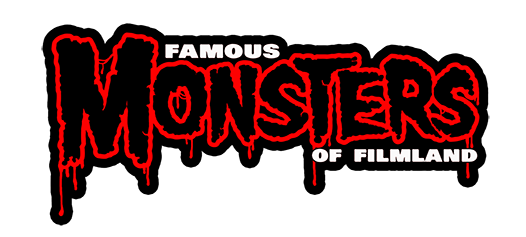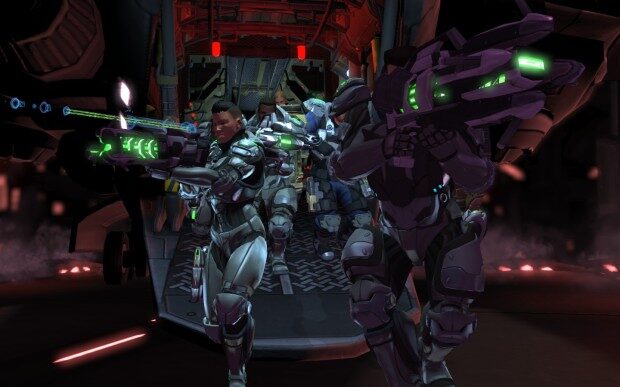Turn-based tactical RPGs are very much like chess on steroids. Like chess, these games are easy enough to grasp once you get the hang of it, difficult to fully master due to their complexity, and can be very addictive if done right. XCOM: ENEMY UNKNOWN is hands down one of the best tactical RPGs I’ve ever played, and it’s certainly addictive.
“Addictive” is a term all too often used by reviewers—”you cannot put down this book” or “this game was completely addictive”! Just hyperbolic statements used to show how much they liked what they’ve reviewed. But make no mistake—XCOM: ENEMY UNKNOWN is an addictive game. Not dangerous, like you’re going to lose your job, esteem, and watch your family give one last look at you before they pack up the station wagon and leave for good; this is binge addictive. A long journey: fifteen hours to complete, on my time. A nice detour before getting back to the rest of your life.
However, it still makes for one hell of a journey, although not from the artistic or technical side. As far as graphics are concerned, it would’ve been considered cutting edge about four years ago, and the story is something fifteen-year-old boys from the fifties hopped up on pulp sci-fi invasion stories would’ve written. Which is to say that it’s a nice tongue-and-cheek trip to nostalgia, but fairly flat with plenty of cardboard stock characters.
But those aren’t valid points with a game like this. XCOM: ENEMY UNKNOWN knows where its strengths lie and goes all out for gameplay, which is divided into two distinct sections: base command and combat.
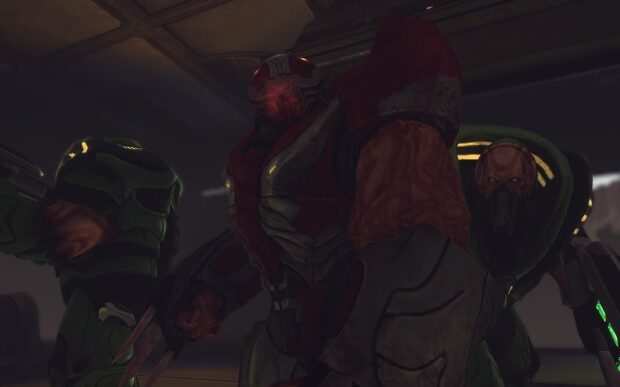
Base command is the overview section before each mission. But it goes much deeper than picking which missions to choose from and what to buy with your cash. As commander of the XCOM mission, you have to take care of various countries that have invested in the program. Their people panic whenever there’s an invasion. If the panic gets too high, the country withdraws. If too many countries withdraw, it’s game over. So deciding which country to save during an outbreak of invasions becomes a crucial decision, especially since it affects the entire continent.
Likewise, buying resources goes far deeper than click and spend. Without much money to be made and with so many necessary weapons, satellites, and other expenditures required, every penny spent needs to be considered carefully. And building infrastructures and research takes time, which is something to look forward to with each turn.
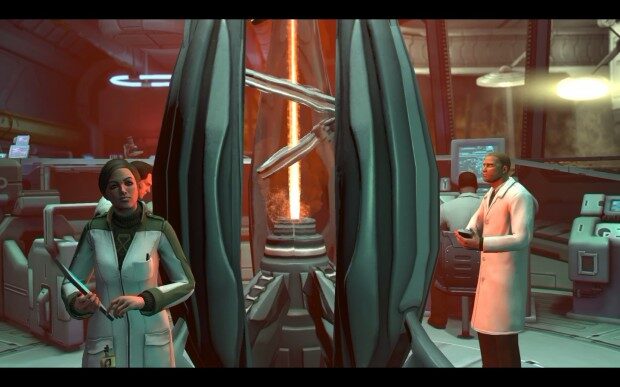
But the real meat and bones lies in the actual combat. As I said before, it’s chess on steroids. You can only move so far on the “board” with each character, with you and the enemy taking turns moving, shooting, and taking cover. Simple to learn, but there are so many ways to approach both the team you pick and how to deal with the issues at hand. Even though missions get repetitive during the second half of the game, the variety of areas makes each approach and situation unique.
A quick warning, though: XCOM: ENEMY UNKNOWN does not forgive or forget. A few foul moves can make the game brutally hard from there on out. So prepare to have a few save files, or replay the game a few times before finally getting to the end.
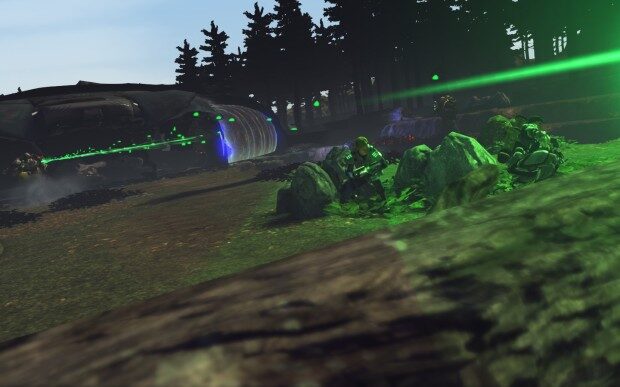
Although my favorite tactical RPG of all time still goes to FINAL FANTASY TACTICS, XCOM: ENEMY UNKNOWN is definitely an amazing game worth picking up and will probably be looked back on as one of the best games of the 2010′s. Whereas most video games pride themselves on making players stronger than they can possibly be, mowing down hundreds of enemies, XCOM: ENEMY UNKNOWN prides itself on something greater: making players feel smarter than they could possibly be. Smart enough to command an elite group of soldiers to victory against a massive alien force. And although I’ve never been a grandmaster who’s moved his pawn to a checkmate or a investor whose investments has doubled her portfolio, I imagine it’s the same sense of thrill and rush.
RELEASE DATE: October 9th, 2012
PUBLISHER: 2K Games, Feral Interactive
DEVELOPER: Firaxis Games, Feral Interactive
RATING: M (Mature)
March 24, 2014 By Andrew Hudson

